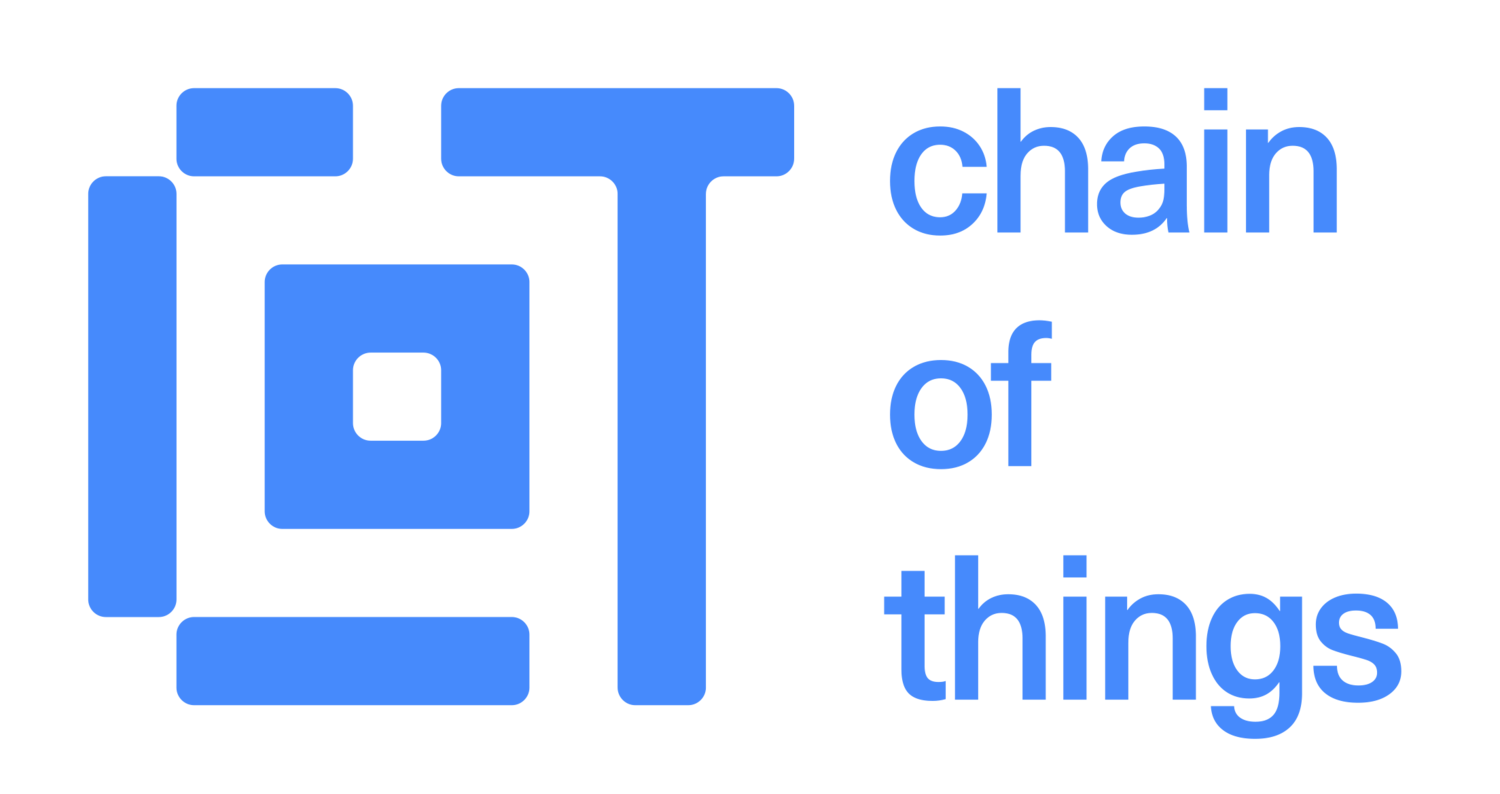CoT: How was Zerado founded and what are the goals of the business?
Zerado is a process consultancy - we help businesses understand and improve their processes. This decade has brought forward a number of technologies, which are capable of revolutionizing commerce, finance and manufacturing – primarily Blockchain, IoT and fast, cheap, mobile internet.
The Founders of Zerado met and aligned on an opportunity to fill a key gap in the market – the implementation of new technologies for the benefit of clients and consumers alike. For this to happen, 3 key areas need to be pulled together: technology expertise, industry expertise and cultural appetite! Contrary to other Blockchain companies - we see Blockchain in the future to be as ubiquitous as internet. Thus, we cherish our independence - both in the technological sense (as we are able to choose whichever supplier and technology works best for our client's purpose) and in the commercial sense (as we can be flexible in terms of partnerships and projects).
CoT: You have two blockchain projects that you are working on - The "Coffee House" trade finance one and the "Doorknob" access control one.
These are the two that we're sharing so far – there are a few more in the pipeline!
CoT: Can you describe these products and what stage you are in their development (e.g. PoC or MVP)?
The "Coffee House" started at the behest of a large financial institution, but remains fully under Zerado's control. Fundamentally, it enables pre-shipment finance: it allows suppliers to raise funds on the back of a Purchase Order, similar in some sense to invoice factoring, but phenomenally more powerful. We have built and demonstrated a PoC (see below) which highlights the entire workflow of this system. We're currently seeking partners to take up various roles on this platform, as we inch it towards an MVP.
The "Doorknob" access control developed from the recognition of fundamental process issues within co-working spaces such as Level39 and WeWork - it's also a good example to showcase what we do, so please allow a short digression...
In the 1970s, payment was cumbersome – a world of writing and clearing cheques, or walking around with cash. Maintaining a record was simple - most organizations had lots of underutilized clerical staff on payroll. This has completely reversed over the last 40 years - now, we can pay in a split-second using contactless. Yet, almost all co-working spaces and hotels operate under the old paradigm, which means higher costs, increased error and rising fraud. This also means meeting rooms are used without being booked, chasing after payment and a whole host of on boarding issues. Project "Doorknob”, when fully deployed, will allow you to walk straight to your hotel room, and open it with your own phone or card, without having to stop at reception. It would allow you to book a meeting room by just entering it - unless it's reserved. It is being prepared for the first public unveiling at the WORKTECH16 in Berlin on July 5th.
CoT: Thus how can the blockchain disrupt international trade finance?
Blockchain is fundamentally an ideal match for systems with a wide range of unrelated participants, with conflicting individual interests and a shared common interest in operating a platform. Our technology builds upon Blockchain to allow non-financial institutions to invest and fund a manufacturing contract, to maintain the record of past performance and provide it transparently to the ultimate buyer who quickly can become aware of any delays or issues down the chain, and to enable SMEs (Small and Medium Enterprises) to raise funds for manufacturing on the basis of the purchase order they managed to solicit.
CoT: What role could the blockchain play in IoT?
Fundamentally it allows for a decentralized network that still maintains all the benefits of a centralized solution. Currently the security in IoT is effectively an afterthought. However, as IoT becomes more popular, there would be a need for a standardized security architecture. Blockchain is not a panacea for all your security concerns, but it will force you to think about security of your systems very early on, and this would be a net-positive impact. More importantly, it will allow for interoperability while maintaining the same degree of confidence in the data - something centralized architectures struggle to deliver.
CoT: What blockchain technologies are you currently using and intend to use for your projects?
Currently, we're using Ethereum, Colored Coins and some of our own stack built on Bitcoin, both public and private. We've investigated and consider adding chain.com and HyperLedger, when appropriate. Fundamentally, Zerado is blockchain-agnostic, and its' team has worked with pretty much every blockchain available publicly, and a few private ones as well. We choose the technology based on the problem at hand - based on whether it's a public problem, kinds of performance expectations and integration tradeoffs. We have the capability of building our own, and of modifying existing ones.
CoT: Is the Color Coins / open asset protocol a viable tech for more industrialized applications?
Provided the transaction volume is on-par with the underlying network, yes. A large class of problems can be expressed as issuing and passing around assets - in fact, many already are. Colored Coins have the flexibility around issuance and transacting that allow us to build sophisticated systems while maintaining compatibility and compliance with a de-facto standard.
